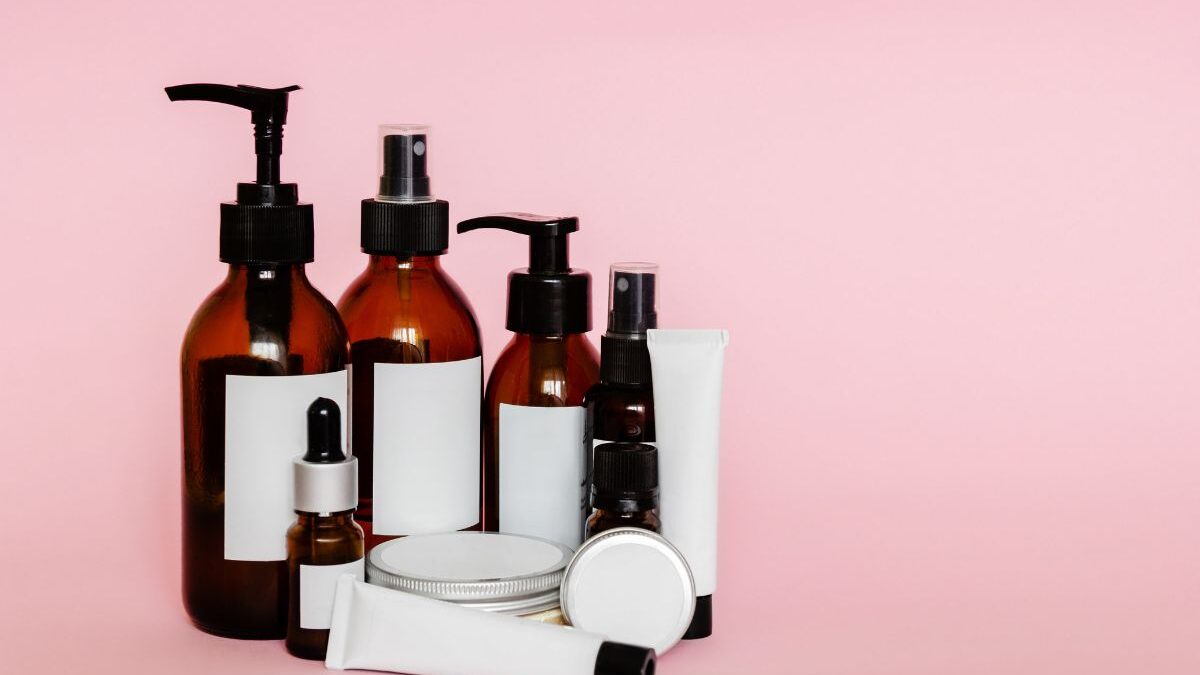Importance of Testing and Certification in Private Label Cosmetic

The Benefits of Contract Manufacturing for Small Beauty Brands
July 27, 2024
Powering Up Start-Ups: A Guide for New Players in the Derma & Cosmetic Industry
August 17, 2024In the rapidly evolving cosmetics industry, the success of any brand hinges on the quality and safety of its products. This is particularly true for private label cosmetics, where brands rely on third-party manufacturers to produce their products. Rigorous testing and certification processes are essential to ensure that these products meet safety standards, regulatory requirements, and consumer expectations. In this blog, we will explore the importance of testing and certification in private label cosmetics and how they contribute to building a trustworthy and successful brand.
Ensuring Product Safety
The primary goal of testing in the cosmetics industry is to ensure product safety. Cosmetics are applied directly to the skin, hair, and nails, making safety a critical concern. Comprehensive testing helps identify any harmful substances, allergens, or contaminants that could pose risks to consumers. Key safety tests include:
- Microbiological Testing: Ensures products are free from harmful bacteria, fungi, and other microorganisms.
- Stability Testing: Assesses the shelf life of the product, ensuring it remains safe and effective over time.
- Allergen Testing: Identifies potential allergens to prevent adverse reactions in sensitive individuals.
By conducting these tests, private label manufacturers can guarantee that their products are safe for consumer use.
Meeting Regulatory Standards
Cosmetic products must comply with various regulatory standards set by governing bodies such as the FDA in the United States and the European Commission in the EU. These regulations are designed to protect consumers and ensure that products are safe, properly labeled, and free from prohibited substances. Certification from accredited laboratories demonstrates that a product meets these stringent requirements. Key regulatory standards include:
- Good Manufacturing Practices (GMP): Ensures products are consistently produced and controlled according to quality standards.
- Cosmetic Product Safety Reports (CPSR): Required in the EU, these reports include safety assessments conducted by qualified professionals.
- FDA Compliance: In the US, products must comply with the FDA’s guidelines for cosmetics, including proper labeling and ingredient safety.
Compliance with these standards not only ensures product safety but also helps avoid legal issues and potential recalls.
Building Consumer Trust
In the competitive cosmetics market, building consumer trust is essential for brand success. Consumers are increasingly aware of product safety and quality, and they often seek assurance that the products they use are safe and effective. Testing and certification provide this assurance, demonstrating a brand’s commitment to quality and transparency. Benefits of building consumer trust through testing and certification include:
- Brand Loyalty: Consumers are more likely to remain loyal to brands they trust, leading to repeat purchases and positive word-of-mouth referrals.
- Enhanced Reputation: A reputation for high-quality, safe products can differentiate a brand from its competitors and attract a broader customer base.
- Increased Sales: Trustworthy brands often experience higher sales as consumers are willing to pay a premium for products they perceive as safe and reliable.
Facilitating Market Access
Global expansion is a common goal for many cosmetic brands. However, entering new markets often involves navigating complex regulatory landscapes. Testing and certification facilitate market access by ensuring products meet the regulatory requirements of different countries. Key considerations include:
- International Standards Compliance: Certification according to international standards, such as ISO 22716 for GMP, can simplify the process of entering new markets.
- Documentation and Certification: Proper documentation, including certificates of analysis and safety data sheets, is often required for market entry and distribution.
- Reduced Barriers to Entry: Compliance with international standards reduces the risk of regulatory barriers, delays, and rejections, making it easier to expand globally.
Continuous Quality Improvement
Testing and certification are not one-time processes; they are part of a continuous effort to maintain and improve product quality. Ongoing testing ensures that products consistently meet safety and quality standards throughout their lifecycle. Key aspects of continuous quality improvement include:
- Regular Audits: Periodic audits of manufacturing processes and facilities help identify areas for improvement and ensure ongoing compliance with standards.
- Batch Testing: Routine testing of product batches ensures consistency and quality across all production runs.
- Feedback and Improvement: Analyzing customer feedback and addressing any issues promptly helps maintain high standards and improve future products.
Conclusion
Testing and certification are crucial components of the private label cosmetics industry. They ensure product safety, compliance with regulatory standards, and build consumer trust. By partnering with a reputable manufacturer like BioAtoms, brands can leverage rigorous testing and certification processes to produce high-quality, safe, and effective products. This not only enhances brand reputation and consumer loyalty but also facilitates market access and continuous quality improvement. In an industry where trust and safety are paramount, investing in thorough testing and certification is essential for long-term success.
Learn more about how BioAtoms ensures the highest standards of testing and certification for private label cosmetics at private label skin care products manufacturer.





